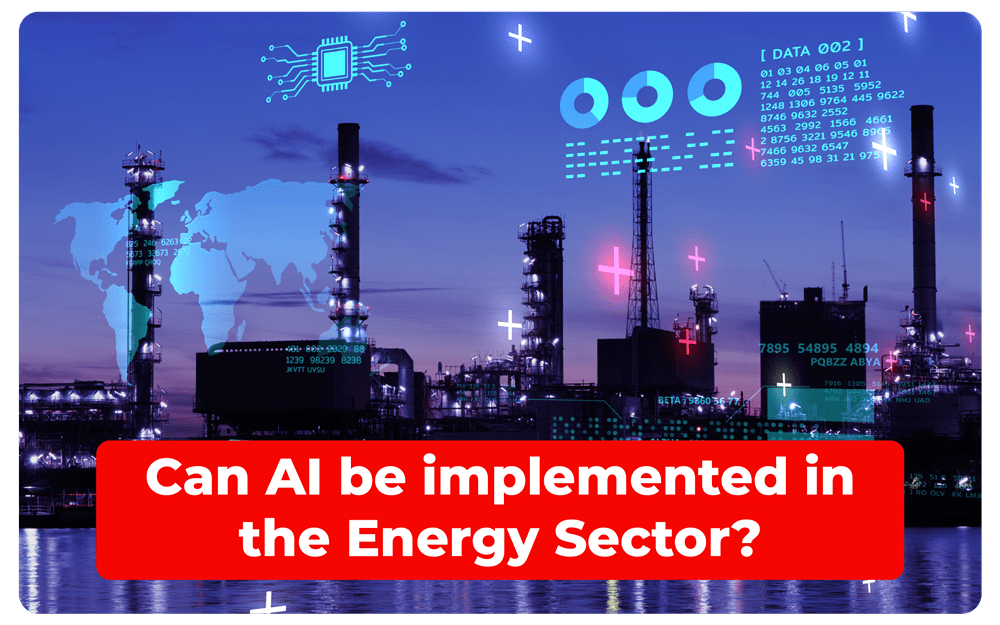There has never been a more promising time for infrastructure, consumers, lawmakers, and the financial system as a whole to invest in power storage, as the power generation market has finally begun to take off, ushering in revolutionary new possibilities with machine learning in the space.
Energy storage has the potential to significantly advance the energy sector, particularly with renewable electricity, by influencing and softening variable production and continuing to support fluctuating demand.
The main reasons for this change are:
1. Production of renewable energy like wind and solar needs to be stabilized
Smaller-scale applications of energy storage are now feasible. There has been a clear increase in the number of residential, promotional, and other small-scale solar initiatives in the last few years.
Lithium-ion battery costs have dropped dramatically in recent years, making them affordable for a wide range of projects.
2. Importance of AI in Battery Technology
While the industry as a whole is moving in the right direction, progress in energy storage technology remains woefully behind. Present-day storage systems for electricity aren't equipped to fully comprehend or make the most of the energy they store. Energy storage could use some improvements in areas such as capacity management, life expectancy (battery energy uptime), return on investment (ROI), and so on.
The time is now for businesses to move swiftly, optimize, and stand out from the competition or risk losing customers. Growth in technological capability is accelerating exponentially. From chat bots to generative modeling, the fields of machine learning and deep learning have seen enormous advancements. These ideas have made it possible for computers to process and analyze vast amounts of data with unprecedented sophistication.
When applied to energy storage, AI and ML algorithms hold tremendous promise for improving efficiency and lowering costs. The data collection and analysis will be aided by AI-enabled power storage, which can then use simulations to shed light on how best to maximize power usage and foresee breakdowns.
3. Artificial Intelligence (AI) + Energy Storage
As battery technology improves, renewable energy sources can be more easily utilized. Since renewable energy sources tend to have sporadic production phases, AI is useful for managing this challenge.
The scenario is complicated because the production unit is multifaceted and dynamic. Because of this, real-time monitoring and analysis of the data is hampered.
Gaining command over energy storage via smart platforms is essential for realizing the benefits. The paradigm shift toward a highly prosperous approach may be achieved by combining sustainable power with AI-driven storage.
In conclusion
Overall, it's clear that artificial intelligence is more crucial than ever before in the energy storage sector. The planet's future may be affected if it is not combined with renewable energy sources. An efficient place to begin is at the intersection of AI and energy storage.
But compared to the possible effects it could have, technology today is still in its infancy. In addition to enhancing sustainability, this synergy has the potential to usher in a new era of limitless possibility.






